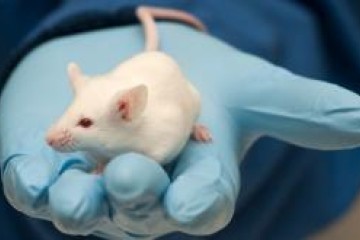Project grant
Assessing the welfare of mice used in cancer research

At a glance
Completed
Award date
April 2010 - December 2013
Grant amount
£380,741
Principal investigator
Dr John Roughan
Institute
Newcastle University
R
- Refinement
Read the abstract
View the grant profile on GtR
